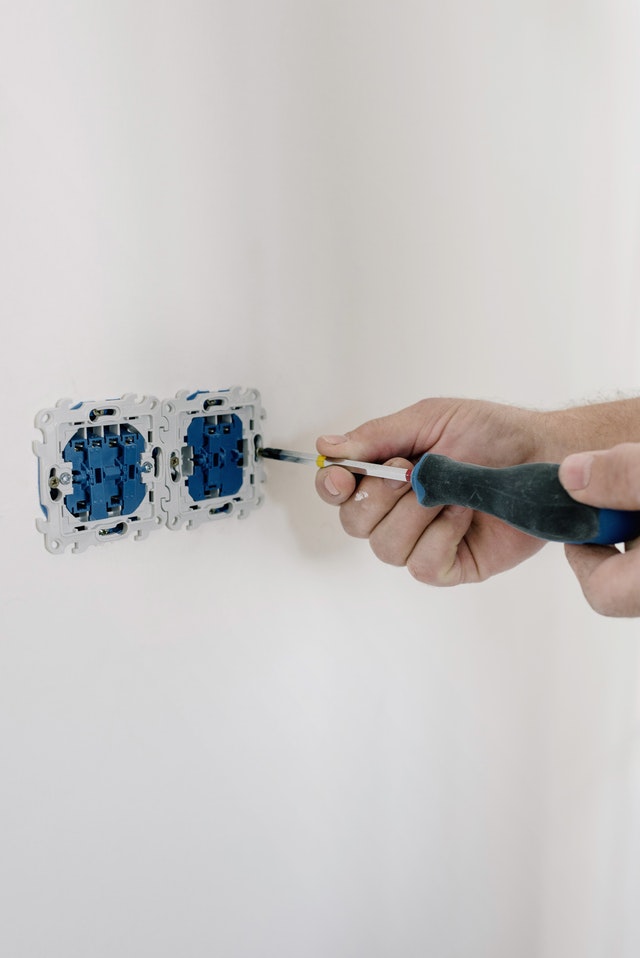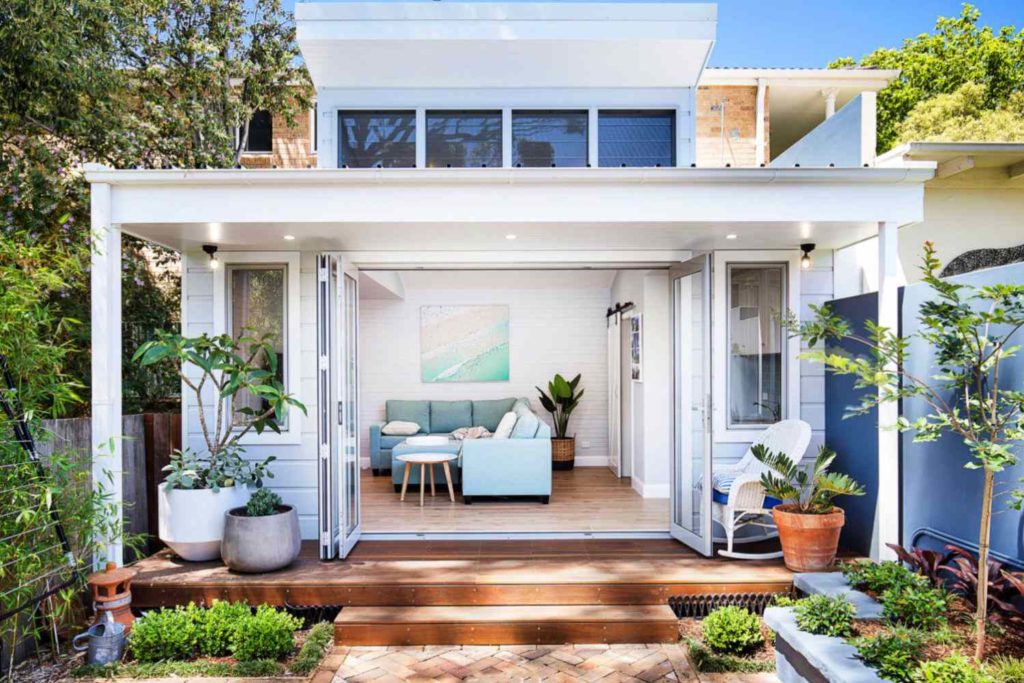The global pandemic that began in 2020 redefined life for all of us in many ways. In particular, most of us came to re-evaluate our properties and how we set up homes after being forced to spend a lot more time in them.
Over the last few years, you might have been thinking about how handy it would be to have a guesthouse for an elderly parent to stay in, rather than them living inside your house with you.
Alternatively, you may have considered that it would be good for the teenagers in your family to have more of their own space as time goes on. Either way, if you’re keen to add a guest house in 2023, here are some tips to keep in mind along the way.
Consider Usage
Ensure you’re clear on who you expect will use the guest house and how they’ll want to spend time in the space. Knowing needs in advance will help you design and outfit a suitable structure. For example, you might be planning on having an elderly family member move into the guest house once it’s finished and need a one-story option with mobility aids.

You may want to set up the guest house to have friends come to stay occasionally, or you may want to run a business from home or set up a home office, all affecting the needed design. Some people also use guest houses as gyms or additional living space, set them up as extra living or library areas, or rent them out.
Determine Your Budget for the Addition
You also want to decide on a total budget for the work before you get too far down the track of creating the project. You need a figure set in your mind to spend so you don’t go overboard and vastly overcapitalize on the guest house or spend more money than you have available.
Once you know your budget, you can see if it’s better to renovate or extend a dwelling on the property or add something brand new. You might also consider the costs of ready-made modular structures versus customized new-build abodes and determine how large you can go with your addition and the level of materials, fixtures, fittings, furnishings, etc., you can outfit it with.
Obtain Planning Permission
In most cases, you’ll need planning permission from your local council or other organization before you build anything new or complete a significant addition of any other type. You’ll want to investigate the laws in your suburb to see what zoning covers your address and how this might limit what you can do when creating a guest house.
If your home resides within a homeowners’ association, you may also need permission from the board to go ahead with the work. Don’t assume this will be a given, either; many associations veto plans if they don’t think the new structures will suit the area or cause too much noise or other issues for other residents.
Investigate Potential Contractors and Choose One Carefully for the Job
Unless you’re a qualified builder, carpenter, etc., you’ll need to hire contractors to do the work for your guest house. Don’t rush the process of picking these people, as who you choose affects not only price but also timeframes and workmanship. Research carefully to develop a shortlist, and then see if you can find reviews and testimonials about companies to narrow your list further.
If you can, ask friends, family members, colleagues, and other contacts for recommendations of contractors you could approach that they know provide reliable and high-quality service. You can also read information about many companies on blogs, forums, social media sites, and the like. Ensure whoever you pick is licensed and experienced in the work you need done.
Keep Various Practicalities Top of Mind
Once the bare bones of the guest house are ready to go, consider numerous practicalities when finishing the space. For example, put in suitable flooring, proper lighting, plenty of powerpoints, and heating and cooling solutions to keep the guest house comfortable. Many people find that adding a farmhouse ceiling fan or other style of fan to the space will be enough to keep it cooler, but you may want to add air conditioning, too.

Plus, don’t forget heating options such as a fireplace, gas heater, or electrical plug-in products. If you want a kitchenette or laundry in your new guest house, get a plumber to outfit the space with a sink and running water. Lastly, always talk to real estate specialists about what will best add value to your property as you outfit it.
Although a guest house isn’t usually a massive dwelling, you need to put as much consideration into its creation and setup as you do for other parts of your property. Think strategically and remember the above points, and the process should go more smoothly.






